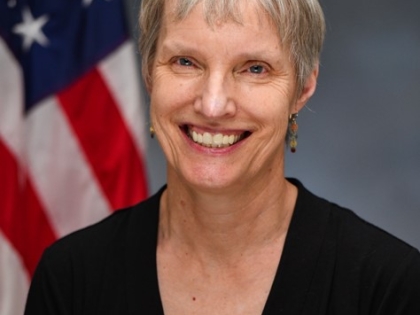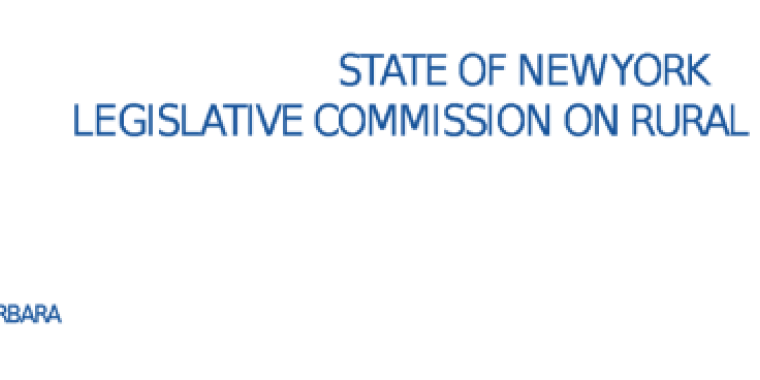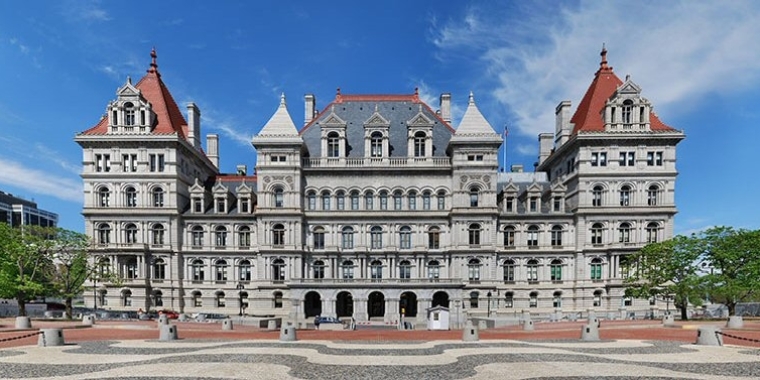
Senator Rachel May Co-Hosted Public Meeting on Rural Broadband Access
Hamilton, NY - Thursday May 2nd, Senator Rachel May (D-Onondaga, Madison, Oneida) joined the Madison County Public Utilities Committee for a public meeting focused on access to rural broadband in Madison County. It is the first in a series of meetings that Senator May will be conducting around her district to learn about constituents’ concerns relating to broadband access and the digital divide.
This first public meeting highlighted many issues associated with lack of access to quality, consistent broadband connectivity. Constituents from all across Madison County came out to convey their concerns and bring awareness to some of the serious challenges they face.
For many of the people who spoke, this issue affects their livelihoods, their health, and their well-being. From the business owners who must rent space 40 miles away in Utica in order to have reliable internet, to people with medical devices that only work with a steady connection to the cloud, this issue has far reaching implications. Younger people who have moved away from home commented that they would not move back to become homeowners or business owners because of the lack of reliable internet service. Home values suffer as a result of limited access to services.
“Real broadband access is a pressing need here in the Town of Hamilton,” said Eve Ann Shwartz, Town of Hamilton Supervisor. “It is excellent that our state representatives like Senator Rachel May are learning directly from their constituents and working to find solutions to this complex and critical issue. As Chair of the Madison County Public Utilities Committee, I look forward to continuing these conversations with Senator May and bridging the digital divide in rural communities across New York State.”
“In today’s digital world, the lack of access to reliable high-speed internet services places our citizens and businesses in rural areas, like here in Madison County, at a distinct disadvantage,” said Senator May. “It is critical that we are addressing the issue of equitable broadband access. Being able to fully participate in our modern economy and society is about democracy, education, public safety and health, and economic development. We must ensure we are not leaving people behind.”
# # #

